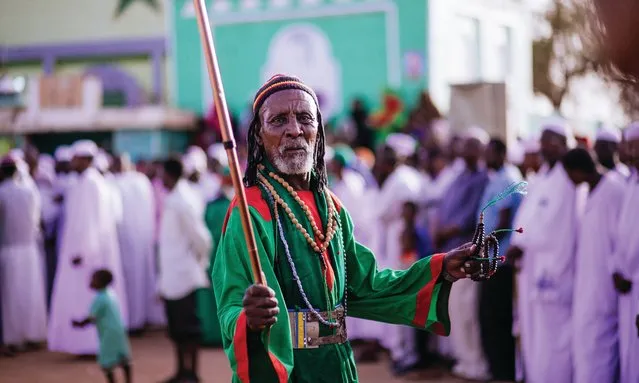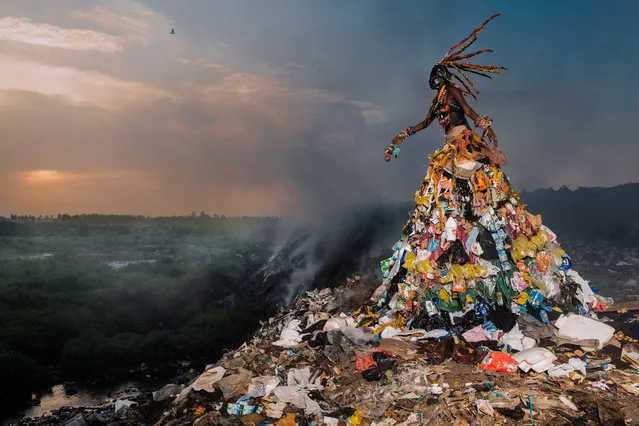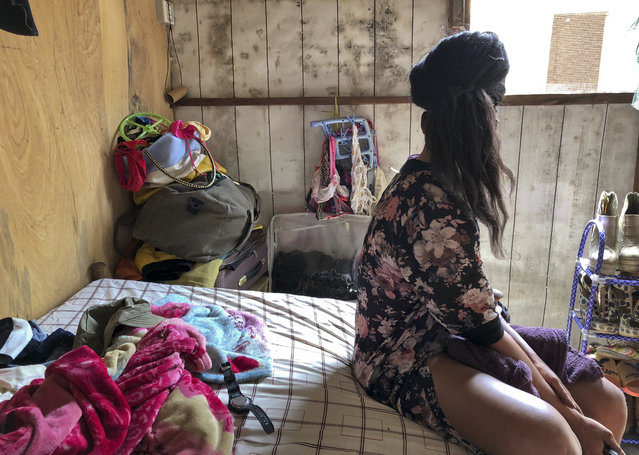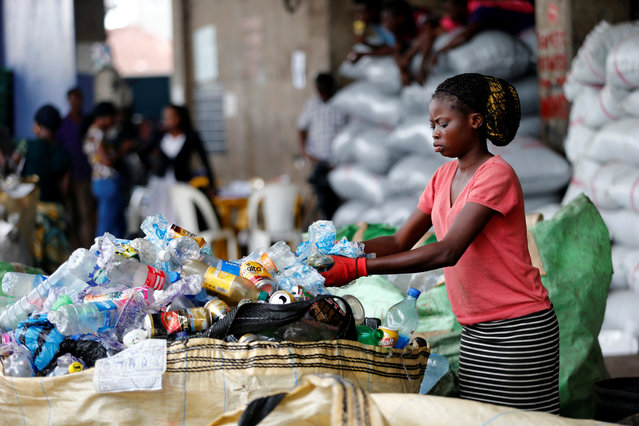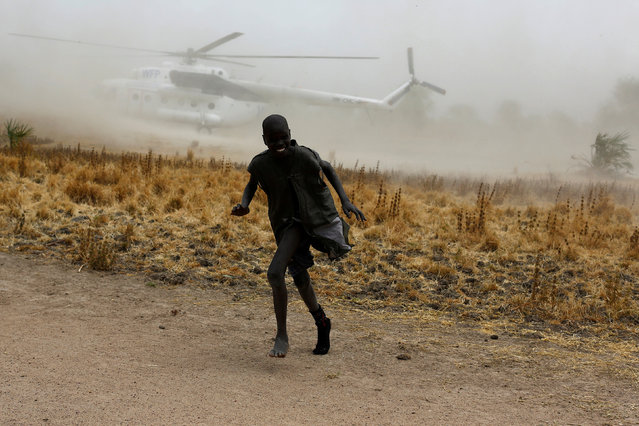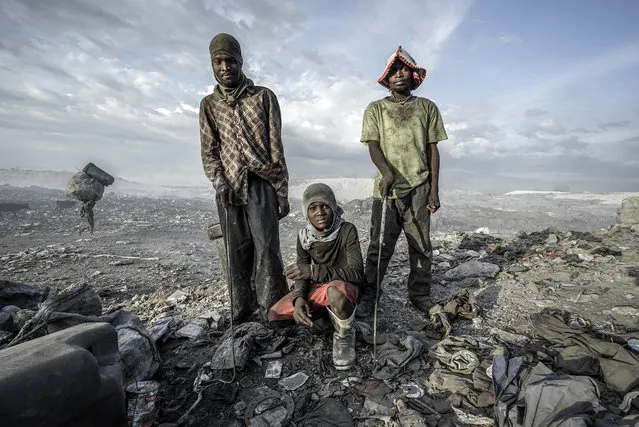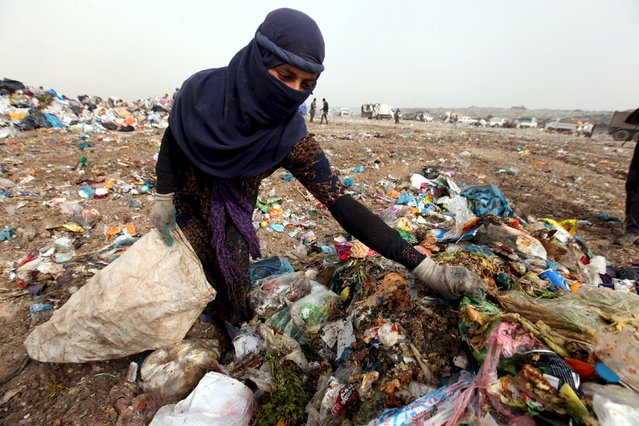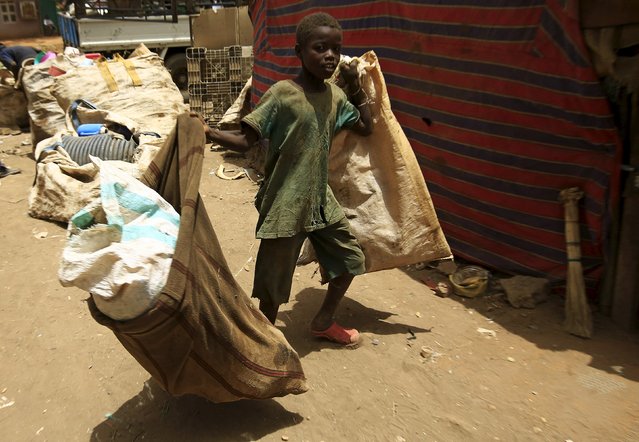
A boy carries empty sacks after bringing different types of plastic materials to a recycling station in Khartoum North April 16, 2015. People bring bottles and other plastic materials to the station for recycling, and get paid in return. (Photo by Mohamed Nureldin Abdallah/Reuters)
20 Apr 2015 12:39:00,post received
0 comments

